
Who Gets to Heal? Akiera Gilbert on Access and Equity in ED Treatment
In a world where mental health care is often seen as one-size-fits-all, Akiera Gilbert is on a mission to break down barriers and open the doors of…
We want to equip our patients, alumni, community members and professional partners with the resources they need to thrive. Find articles and blogs, videos, downloads and podcasts that will inspire and educate you on your recovery journey.
Show me resources for -

In a world where mental health care is often seen as one-size-fits-all, Akiera Gilbert is on a mission to break down barriers and open the doors of…
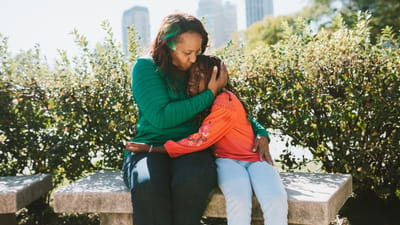
If your child or teen is struggling with a mental health issue, find 11 ways to support them here.

Discover how an intensive outpatient program (IOP) provides flexible, structured care and five ways it supports mental health.

Here’s how dialectical behavior therapy (DBT) skills can support your mental health. Get the facts about emotion regulation, distress tolerance and…
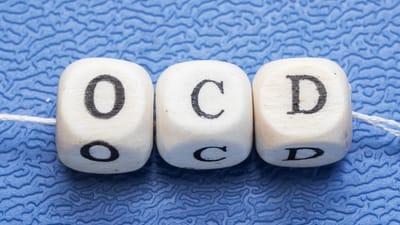
Learn about the four types of obsessive-compulsive disorder (OCD) and understand when OCD treatment might be helpful.

Discover why mental health setbacks occur, get expert tips for managing them and read an inspiring story of real-life recovery.

A support guide for loved ones.
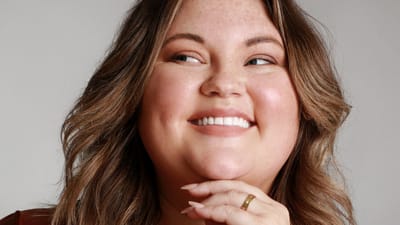
As an eating disorder survivor turned eating disorder therapist, Carly Compton strives to be the person that she wishes she would have known when she…
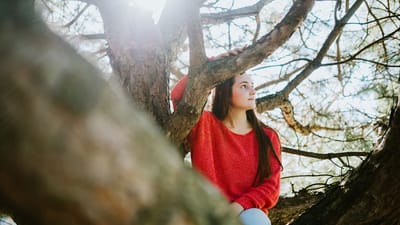
Discover why co-occurring conditions happen and six proven therapies to help you heal.
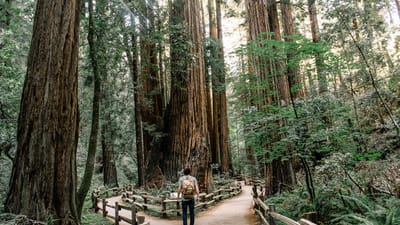
This story depicts one family’s experience with suicide, with insights from our experts on suicide awareness and prevention.
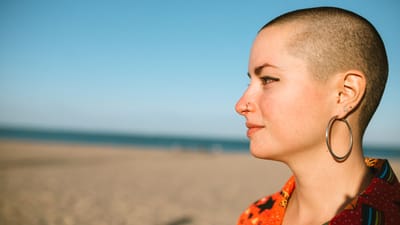
What is a highly sensitive person, and how can these traits impact someone’s mental health? Learn more.

Yes, you can navigate work successfully with depression, bipolar disorder or other mood disorders. Get tips and learn how to beat the “Sunday…
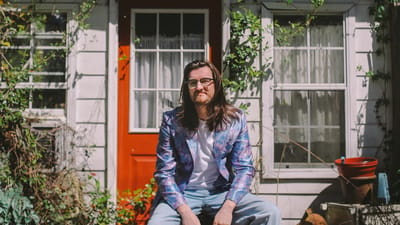
Storyteller and artist Landon Bryant explores his journey from struggling with life’s basic challenges to finding success and support after an adult…
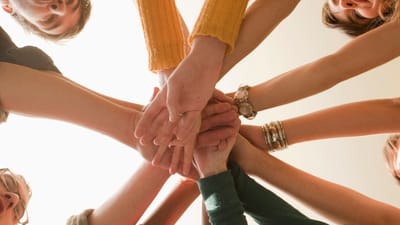
For generations, college students have faced many stresses related to this major life transition, maneuvering through the challenges of a new…
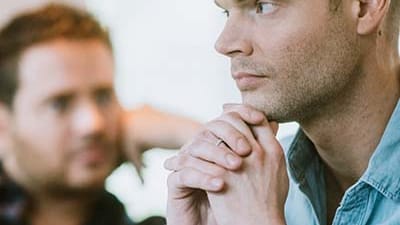
Learn how to manage mood swings with ADHD. Plus, see how ADHD is related to mood disorders like depression and bipolar disorder.

Waking up with anxiety? Find tips from our experts – and learn what to do if anxiety wakes you in the middle of the night or in the morning.

Learn about AI’s role in mental health: the advantages, challenges and ways that AI can help us advance toward a brighter future.

Body image can fluctuate day to day, even moment to moment.
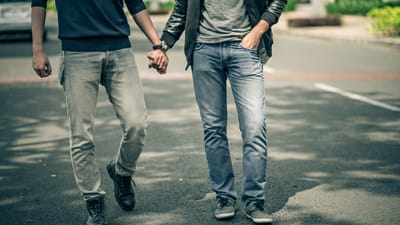
Recover with pride and love all of who you are. At Eating Recovery Center and Pathlight Mood & Anxiety Center, our teams are deeply committed to…
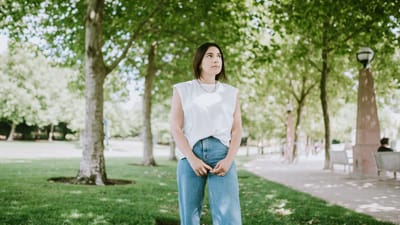
What are intrusive thoughts and how do you stop them? Explore their connection to OCD, PTSD and other mental health conditions.

GLP-1 weight loss drugs, such as Ozempic and Wegovy, have exploded in popularity due to their weight-loss potential. But what do they actually do? How…

People living with high-functioning depression work harder than their peers to keep up with the world around them. Most of us don’t realize how…
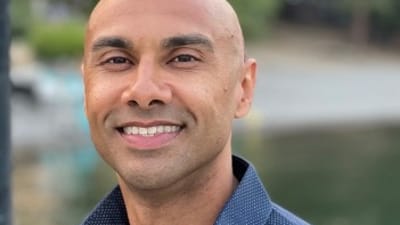
Growing up, Vik Chopra was not the kid most people assumed would end up serving a sentence in Federal prison. A student leader with straight A’s and…
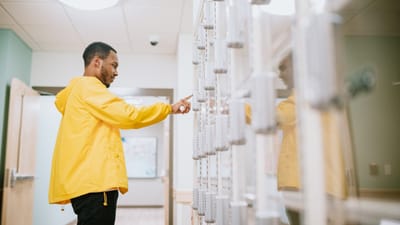
Supplemental reading materials can be a valuable part of the eating disorder recovery process. While the information in these books can help…
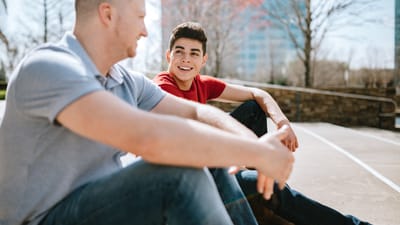
We are constantly amazed by the power of the human spirit: the ability to change, learn, grow and find relief from troubling mental health…
Discover the connection between perfectionism and anxiety, including how both relate to eating disorders. Explore how RO DBT can address the…
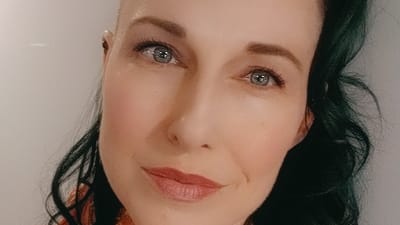
Welcome to part two of our Substance Use Disorder (SUD) Discussion with Leah Young where we focus on the proactive steps you can take to find recovery…

Explore the connection between obsessive-compulsive disorder (OCD), food and eating disorders, as our experts discuss avoidant/restrictive food intake…
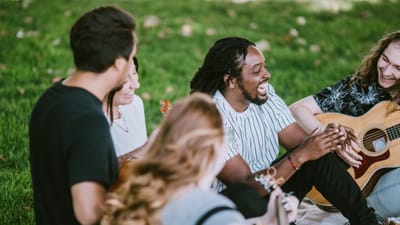
Explore emotions and the brain, including how trauma affects the brain. Learn about emotion regulation and DBT skills that can improve your mental…
Hide Last Child Layout Div
© 2024 Pathlight. All rights reserved. Terms & Conditions | Privacy Policy